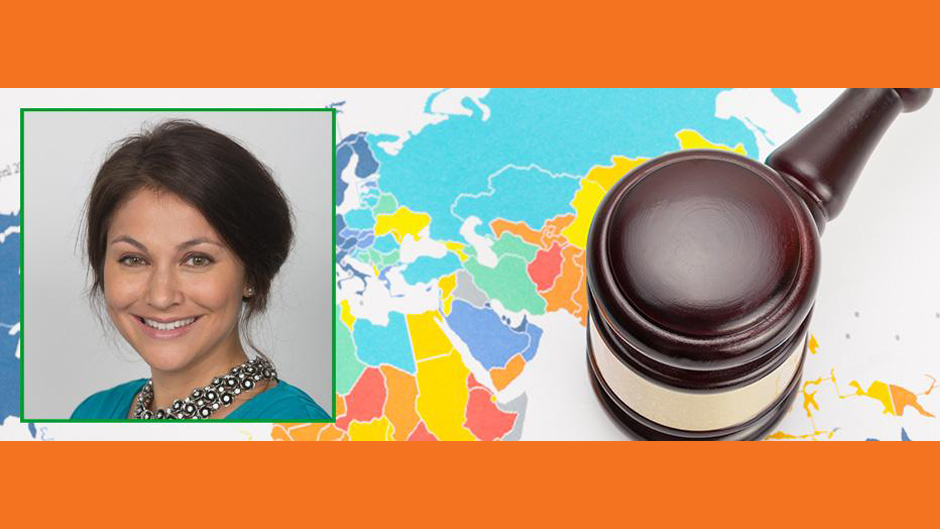CORAL GABLES, Fla. (July 27, 2017) – Marike Paulsson, director of the International Arbitration Institute at the University of Miami School of Law, has been appointed as a council member for North America to the court of the Mauritius Arbitration and Mediation Center, charged as a platform for arbitration and mediation in Sub-Saharan Africa, according to the Global Arbitration Review.
Other members of the 13-member court include Hong Kong-based arbitrator and former Supreme Court of Hong Kong judge Neil Kaplan who will preside; Makhdoom Ali Khan, former Attorney General of Pakistan; and David Rivkin, past president of the International Bar Association.
"It is an honor to join such a distinguished group of council members in Mauritius,” said Paulsson.“ Alongside President Kaplan, we hope to stimulate arbitration and mediation for the region and to promote diversity by appointing arbitrators from the region. The other initiatives – the Global Institute for Peace and the task forces in the United States – are proof that times in international arbitration are changing. These efforts are in line with what we do in Miami: UM Arbitration is a pioneer in that it has created an LL.M. program that has opened the doors to this elite world to students from around the world. I hope to keep my promise to my students, especially Victoria Kigen from Kenya, that a career in arbitration is possible for everybody who wishes to excel. It is hoped that one day she will act as arbitrator for the Mauritius Court.”
Paulsson has also been named to represent the United States in the ICC Young Arbitrators Forum as well as serving as a vice president for North America at the Global Legal Institute for Peace and Centre for Conflict Resolution at the University of Sao Paolo.
The Dutch national is a member of the task force on diversity for the International Institute for Conflict Prevention and Resolution and the Advisory Board of the Minority Task Force of the American Society of International Law.
She is a consultant with Shook, Hardy & Bacon and former counsel at Hanotiau & van den Berg in Brussels, Belgium, a boutique law firm focused on commercial arbitration and litigation. Previously she practiced at Freshfields Bruckhaus Deringer and Allen & Overy in Amsterdam, the Netherlands.
Paulsson teaches courses on The New York Convention and Treaty Interpretation in the White & Case International Arbitration LL.M. at the University of Miami School of Law. Also, she has taught and lectured at Sciences-Po in Paris, Erasmus University in Rotterdam, The Netherlands, The Royal University, Riffa, Kingdom of Bahrain, KITT School of Law, Bhubaneswar, India, American University, Washington D.C. and the University of Sao Paolo.
She is the founder and chair of the advisory board of Young ICCA and the founder of the NYC Roadshow and member of the Judiciary Committee of the International Council for Commercial Arbitration, founder of Future of Arbitration: Miami and co-chair of Young Arbitration Practitioners.
Media contact: Catharine Skipp, director of Media Relations and Public Affairs, 305-284-9810 or cskipp@law.miami.edu
The University of Miami’s mission is to educate and nurture students, to create knowledge, and to provide service to our community and beyond. Committed to excellence and proud of the diversity of our University family, we strive to develop future leaders of our nation and the world. www.miami.edu
The University of Miami School of Law’s mission is to foster the intellectual discipline, creativity, and critical skills that will prepare its graduates for the highest standards of professional competence in the practice of law in a global environment subject to continual ― and not always predictable ― transformation; to cultivate a broad range of legal and interdisciplinary scholarship that, working at the cutting edge of its field, enhances the development of law and legal doctrine, and deepens society’s understanding of law and its role in society; and to fulfill the legal profession’s historic duty to promote the interests of justice. www.law.miami.edu

